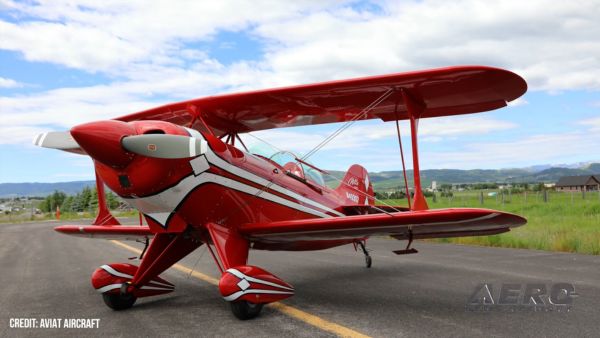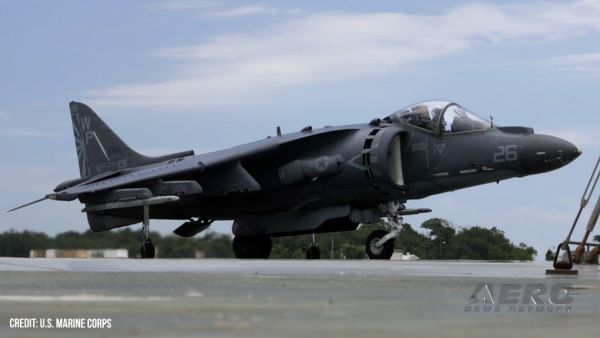Wed, Dec 29, 2021
Urbana-Champaign, Georgia Tech, UCF, Florida State Chosen for Leadership Initiative
NASA’s program to leverage university assistance for sustainable aviation has resulted in another boon to select schools chosen under the University Leadership Initiative (ULI). The program allows NASA to outsource some of its suitable aeronautical research goals and provide students with real-world lab experience in solving realistic, functioning problems.

ULI project manager, Koushik Datta, said the program is important to transition the aeronautical industry into the world of the future. “Aviation of the future has to be climate friendly to keep the world flying, and a great way to do that is to allow tomorrow’s top minds to begin making contributions to these goals while still in school." Three of the four teams are working on projects targeting aircraft emissions, with each approaching from a different angle.
A key function of the program is to integrate a diverse membership in the research teams, integrating a wider variety of student origins, Datta said. ULI aims to make each a "multidisciplinary team made up of partners from other universities and industry, including student populations who are underrepresented or have not applied their skills to aviation problems." Datta said the variation that results would help rectify the shortcoming of homogeneous creative groups, explaining "a diverse research team enables more voices to be heard, and more creative ideas to be explored."
The four teams will begin working soon, with final negotiations to be completed for awards up to $31.5 million should their work have merit over the next 5 years. University of Central Florida will explore the utility of liquid ammonia as jet fuel, as well the use of exhaust heat to generate electricity. Florida State will explore the combination of fuel cell technology and hydrogen-electric power generation to lower emissions. Georgia Tech will explore issues with jet engine combustors in commercial supersonic transports, as well as boosting their sustainability in such service. The Urbana-Champaign team will develop "trustworthy autonomy tools to help Advanced Air Mobility aircraft fly safely through complex airspace."
More News
Minimum Friction Level The friction level specified in AC 150/5320-12, Measurement, Construction, and Maintenance of Skid Resistant Airport Pavement Surfaces, that represents the m>[...]
Aero Linx: Airpower Museum The APM owns 30 acres on Antique Airfield, including the south half of the N-S runway. It consists of three hangars, an annex, and a library. The museum >[...]
Patient Told The First Responders That The “Man Who Was In The Plane Was Flying At The Time Of The Accident And Had Overshot The Runway They Were Attempting To Land On.&rdquo>[...]
Klyde Just Can't Believe This Has Gotten To This Point... FMI: www.klydemorris.com>[...]
Also: Duffy Wants $$$, KS Airports, Morningside U’s Aviation School, New Airstrip In ID After 6 were killed in a helicopter crash over the Hudson River, several US Representa>[...]
 ANN's Daily Aero-Term (06.02.25): Minimum Friction Level
ANN's Daily Aero-Term (06.02.25): Minimum Friction Level ANN's Daily Aero-Linx (06.02.25)
ANN's Daily Aero-Linx (06.02.25) NTSB Prelim: Champion 7ECA
NTSB Prelim: Champion 7ECA Classic Klyde Morris (From 06.10.22)
Classic Klyde Morris (From 06.10.22) Airborne 05.30.25: Anti-Helicopter Bill, PW Strike Done, All-Electric Bristell
Airborne 05.30.25: Anti-Helicopter Bill, PW Strike Done, All-Electric Bristell



